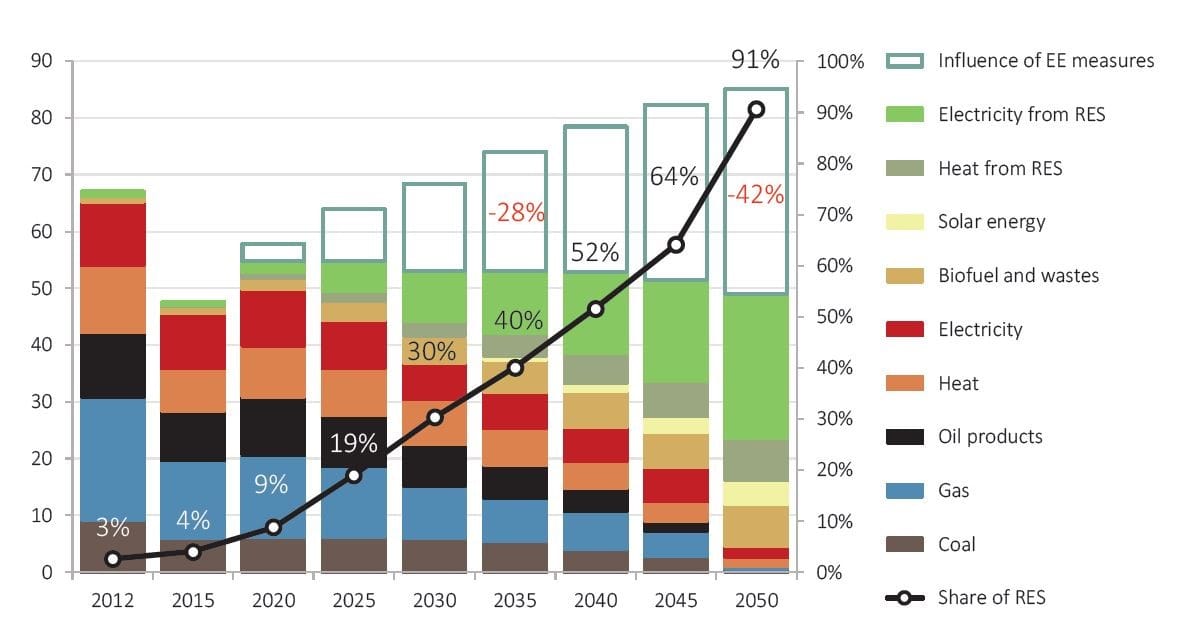In a significant announcement that has garnered attention across the tech industry, Mark Zuckerberg, the CEO of Meta Platforms, Inc., disclosed that the company will be laying off more employees identified as low performers. This move is part of a larger initiative to optimize the workforce and improve overall productivity within the organization. The decision reflects the ongoing challenges faced by Meta and the broader technology sector, which has been navigating a complex landscape marked by economic uncertainty and evolving market demands.
Zuckerberg’s announcement comes on the heels of previous layoffs that the company has already undertaken in recent months. These earlier reductions were part of a strategic effort to realign the company’s resources and focus on its core business objectives. The latest round of layoffs is expected to further refine the workforce by targeting employees who have not met performance expectations, thereby allowing the company to concentrate on high-performing talent that can drive innovation and growth.
The rationale behind this decision is rooted in the need for Meta to adapt to a rapidly changing environment. As the tech industry continues to evolve, companies are increasingly required to be agile and responsive to market trends. By addressing performance issues within its workforce, Meta aims to create a more dynamic and effective team that can better meet the demands of its users and stakeholders.
Zuckerberg emphasized that the decision to lay off low performers is not taken lightly. The company has invested significant resources in employee development and support, providing various training programs and performance improvement plans. However, despite these efforts, some employees have not been able to meet the expectations set forth by the company. As a result, the leadership team has determined that further action is necessary to ensure that the organization remains competitive and capable of achieving its strategic goals.
The impact of these layoffs is expected to be felt across various departments within Meta. While the company has not disclosed specific numbers regarding the layoffs, it is clear that the focus will be on enhancing the overall quality of the workforce. This approach aligns with a broader trend in the tech industry, where companies are increasingly prioritizing performance and productivity as key drivers of success.
In addition to addressing performance issues, Zuckerberg’s announcement also highlights the importance of fostering a culture of accountability within the organization. By setting clear expectations and holding employees accountable for their performance, Meta aims to create an environment where high achievers can thrive. This cultural shift is essential for the company as it seeks to navigate the challenges posed by a competitive landscape and changing consumer preferences.
As Meta moves forward with these layoffs, the company is also exploring new avenues for growth and innovation. The tech giant has been investing heavily in areas such as artificial intelligence, virtual reality, and the metaverse, which are seen as critical to its long-term success. By streamlining its workforce and focusing on high performers, Meta hopes to allocate more resources toward these strategic initiatives, ultimately positioning itself for future growth.
The decision to lay off low performers is not without its challenges. Employee morale may be affected, and the company will need to manage the transition carefully to maintain a positive work environment. Communication will be key during this process, as leadership must ensure that remaining employees understand the rationale behind the layoffs and feel supported in their roles.
In conclusion, Mark Zuckerberg’s announcement regarding further layoffs targeting low-performing employees at Meta reflects a strategic response to the evolving challenges faced by the company and the tech industry as a whole. By focusing on performance and accountability, Meta aims to enhance its workforce and position itself for future success. As the company continues to navigate this complex landscape, it will be essential for leadership to balance the need for efficiency with the importance of maintaining a positive and productive work culture.


